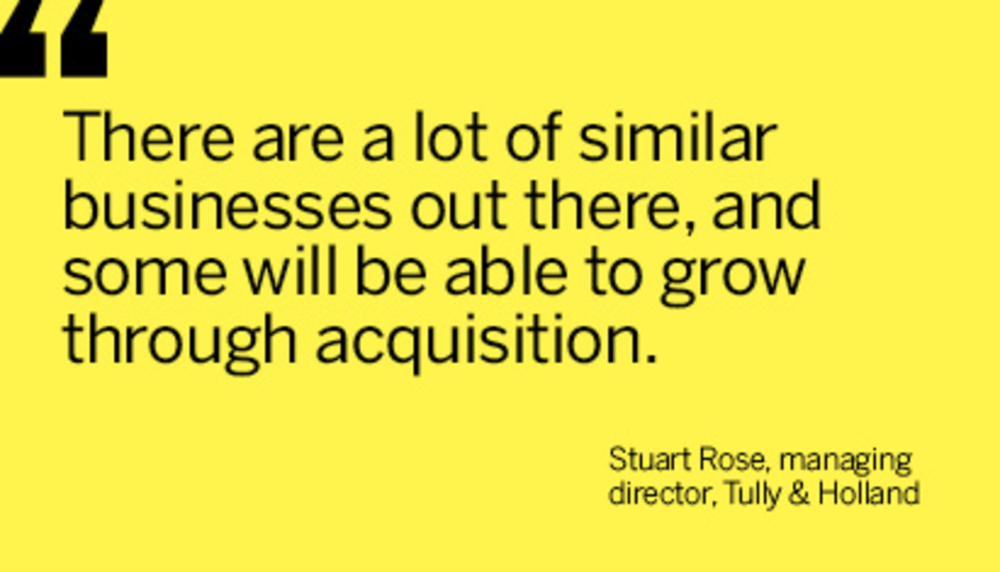Interactive marketing will hit $55 billion and represent 21% of all marketing spending by 2014, as marketers continue to shift dollars from away from traditional media and toward search marketing, display advertising, e-mail marketing, social media and mobile marketing, according to Forrester Research’s US Interactive Marketing Forecast, 2009 to 2014. The study cited direct mail as the largest sector to be hit by reductions, but noted the affordability of media would free up funds for more investment in customer management and buyer experience media.
“In today’s economic climate, marketers are shifting dollars downstream, so they are much more focused on tools that drive immediate response and sales,” said Shar VanBoskirk, VP and principal analyst at Forrester, who wrote the report.
Direct mail budgets were cited more than any other traditional medium as the place to cut. Forty percent of marketers said they would decrease the direct mail budget to fund increased interactive efforts; that’s compared to 35% citing newspaper budgets; 28%, magazines; 12%, TV; and 7% telemarketing.
The direct mail drop was no surprise to Paul Dunay, global managing director of services marketing at Avaya, a telecommunications and network equipment maker. Direct mail is “dead, dead, dead,” he said.
While Avaya included attention-getting, dimensional direct mail to its business-to-business customers in the marketing plan as recently as two years ago, that tactic is currently nonexistent.
“I’m not doing it today,” he said. “There are easier ways to reach people.”
Those touchpoints tend to be online, and search and social media are a major part of that strategy. In fact, Avaya has set up “10 new Twitter handles, five new fan pages on Facebook on top of 42 groups, numerous LinkedIn groups, several thousand employees connected on Yammer, as well as several blogs and internal wikis, according to Dunay.
“We’ve migrated to a lower cost option,” he said. “We have launched at least a dozen new sites or tactics in the past 90 days. These are not expensive things.”
Another example of marketers shifting to social media is Dell. It has generated millions in revenue by offering exclusive Twitter discounts, and it has added 711,488 followers since March — a total of 828,328.
The interactive shift has led to a drop in overall advertising spend, VanBoskirk said: “As interactive grows, marketers’ overall need to invest in advertising diminishes. You can do more with less money.”
That means marketers can use the surplus that used to go toward advertising on other programs.
“We will see an increase in spending on things like customer relationship building activities, the in-store experience, the call center, the Web site experience, the things today that either don’t get enough budget or are managed with another budget,” VanBoskirk noted. “Marketing will have greater ownership over that relationship. That’s good for customers and marketers.”
Other marketing industry stakeholders caution Forrester’s numbers should be taken “with a grain of salt,” while agreeing the overall ad pie is shrinking.
“Anyone who doesn’t think that advertising budgets will decline should try a new career,” said Joe Pulizzi, in a post on his Junta42 blog. “Online efforts are cheaper, and social media is essentially free, but what’s not being said here is a lot.”
Pulizzi argued that social media does not work without relevant and valuable content. He said many marketers do not understand the need to invest in content and advised they spend their surplus there.
One place budgets aren’t shrinking is search. It is expected to grow at a compound annual growth rate of 15% to $31.6 billion in 2014, according to the report. However, even this was met by skepticism from some, including Kevin Ryan, CMO at WebVisible.
“2014 is a long way away. To say that search will continue to grow in the same capacity it has grown in the past with the same level of spending is irresponsible,” he said. “The ad units will continue to evolve, and what we call search today is not going to be what we call search five years from now.” l








